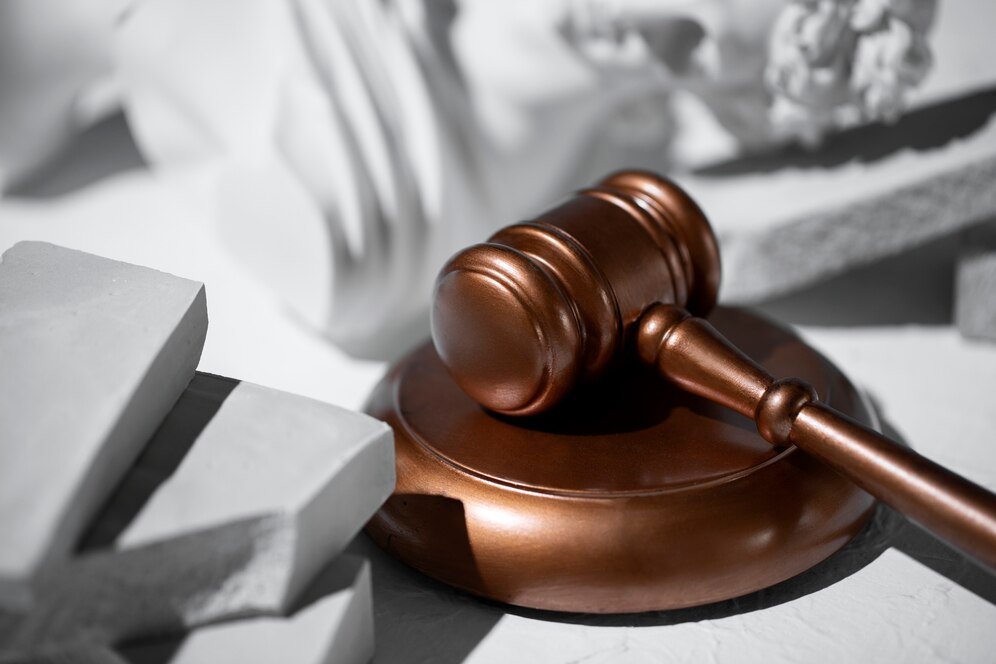The Universal Declaration of Human Rights resolves that the right of every person must be respected. Particularly, Nigerian courts are enjoined to enforce socio-economic rights of citizens guaranteed under the African Charter. Thus, this principle is enabled in my country as all her citizens are privileged of their rights. These rights are guaranteed but not absolute. That is, in as much as rights are enjoyed they will not be utilised to infringe that of another. Here’s why.
Article 1 of Human and People’s Rights and Chapter IV of the CFRN 1999 as amended enshrines the natural rights of all. Specifically, section 35 (1) of CFRN provides that the liberty of all persons shall not be deprived on any ground. This provision fortifies the position that the ability of every person to move freely is actualised. Regardless, there are instances where this freedom can be limited.
To start with, it is basic to have a safe and serene environment where the presence of law and order is operative. In this light, any act or acts against this benchmark should be met with the wrath of the law. Reports and complaints made available to the appropriate authorities must be investigated.
Naturally, any person who is alleged to have committed an offence should be invited by the law enforcement agency for questioning and can be kept in custody for further investigations if established that there are evidences against him or that he has shown the “mens rea” of the alleged offence.
- Why Muftwang should not play politics with traditional institutions
- US carrier, Delta increase flights to Nigeria
Section 35 (3) CFRN 1999 provides that any person who is arrested or detained shall be informed in writing within 24 hours in a language he understands of the facts and grounds for his detention. Therefore, he will be promptly informed why he is being asked to stay.
However, section 16 (2) of African Charter on Human and People’s Right ensures that it is the duty of cell guards to provide adequate medical care for persons under their care. Also, Article 2.1 of the United Nation Convention Against Torture further provides that, necessary measures should be taken in obtaining information in order to minimise violating the right of the offender as constitutionally guaranteed.
Furthermore, culprits in detention are not permanently excused of their rights. One of these rights is called bail. Bail confers a temporary freedom on the suspect. The court defined bail in FEDERAL REPUBLIC OF NIGERIA v. BULAMA (2005) 16 NWLR (PT. 951) 129 AT 244 PARAS G-H, as the release of a person charged with an offence by insuring his future attendance in court.
Principally, bail comes in two forms; bail before trial and bail in the course of trial. Before trial denotes that an accused person is in police custody and has not been taken to court while the latter explains that the accused has been arraigned to court but temporarily released pending determination of the matter. Basically, they are known as Police bail and Court bail.
The police have the power to arrest anybody wanted for an offence or likely to commit an offence. Upon arrest, the police cannot detain or hold in custody a person for more than 24 hours except in capital or serious offences as contained in section 30 of ACJA 2015. Anything done contrary to this provision is unlawful and unconstitutional. Also, section 27 of Police Act 2022 gives power to the Police to grant bail.
In Nigeria, application for police bail is usually in writing and addressed to the Divisional Police Officer through the Investigating Police Officer. The application must be endorsed by the accused or his legal representative indicating that, he will be available at anytime and anywhere. Nevertheless, police bail ceases the moment trial begins and any effort to have the defendant released temporarily will be addressed to the Court.
The Indian Court in SHRI D.K BASU & ANOR V. STATE OF WEST BENGAL OF INDIA & 8 OTHERS held that the Court has inherent powers to formulate standards necessary for the protection of fundamental rights guaranteed under the Constitution. As such, the Court is under a duty to allow parties present their cases as they deem fit.
The application for court bail is addressed to the court but it is at discretion to determine whether or not to grant such prayers as held in ATT. GEN. OF ABIA STATE v. ATT. GEN. OF FEDERATION (2006) ALL FWLR PART 338 AT 611.
Relatively, one major factor that hinders the effectiveness of an application for court bail is the jumping of bail of the defendant thereby hindering the narrative of justice or his unavailability to stand trial. The court in DOKUBO-ASARI v. F.R.N (2007) 5-6 SC 150 held that the greater the possibility of the Appellant not showing up for trial, the more stringent the bail condition will be.
In a recent proceeding at the Federal High Court sitting in Abuja, it held that the Binance Executives, Tigran Gambaryan and Nadeem Anjarwalla, should remain in detention due to a strong possibility that they would jump bail.
Summarily, Article 19 of the African Charter on Human and People’s Right assures that everyone enjoys their various rights. However, it is wrong to stay hell-bent that the enforcement of the constitutional provision to the detriment of another or against the backdrop of the law is certain. I firmly suggest that what is expected of citizens, litigants, police and the court is to ensure that the rights of all in the course of justice is met and not exited.
Mohammed, Esq can be reached via [email protected]

 Join Daily Trust WhatsApp Community For Quick Access To News and Happenings Around You.
Join Daily Trust WhatsApp Community For Quick Access To News and Happenings Around You.
